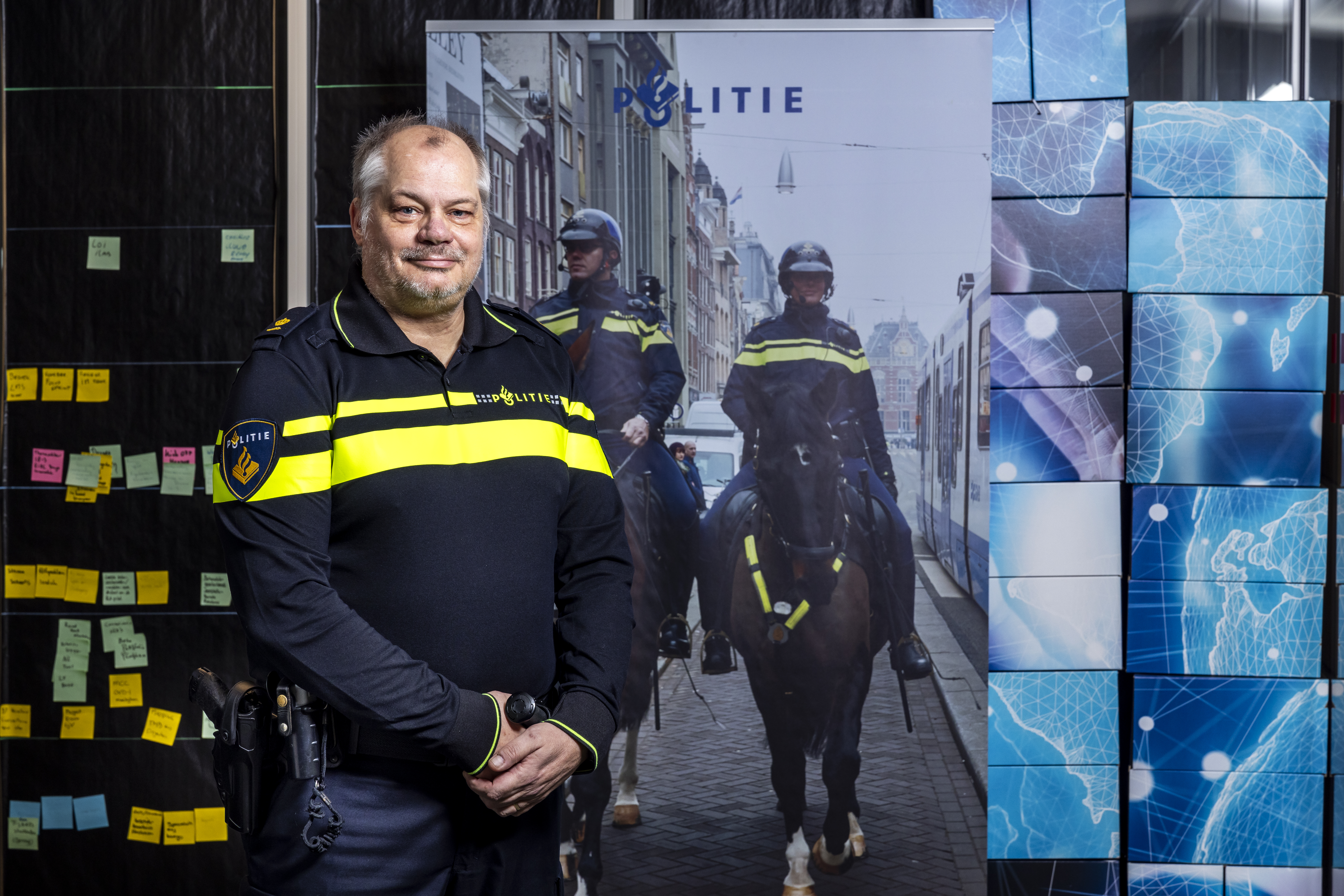
Autoscriber has secured the support of tech giant Microsoft for the further commercialization of its clinical intelligence platform in Europe, the Middle East, and Africa (EMEA). Microsoft will supply Autoscriber with the needed resources and provide dedicated computing resources to roll out Autoscriber’s product at scale. Autoscriber has a dual base in the Netherlands and South Africa.
Autoscriber offers an ambient clinical intelligence product that uses speech-based AI technology to support doctors during patient consultation. The software automatically generates structured clinical summaries from the natural conversation between doctor and patient to fill the Electronic Health Record in real-time. This saves doctors, on average, 5 minutes per consultation in documentation time, which, according to Autoscriber, results in a time saving of 20 to 50% per consult. On top of that, the system offers more structured clinical notes for the healthcare system.
“Doctors using Autoscriber report having more time and attention for the patient and feeling more relaxed in their work while they trust that the system captures all relevant information”, says Autoscriber co-founder and CEO Jacqueline Kazmaier. Autoscriber, part of the LUMO Labs portfolio, is the 2022 Gerard & Anton Award winner.

Kazmaier: “The patient consultation is one of the most central and important elements of healthcare. We aim to reimagine this process completely, eliminating administrative data capture tasks for the doctor and supporting them from preparation to follow-up with real-time data-driven insights and decision support. Our mission is to enable human-centric and data-driven healthcare, giving doctors time and attention for better quality patient care.” Autoscriber has been rolled out across multiple departments at major hospitals, as well as primary care and psychology practices. “We are already seeing these benefits take shape.”
Autoscriber has a growing library of clinically validated templates suitable for different styles and norms of clinical note-taking, with various international medical coding standards in multiple languages. Serving a large customer base across regions requires significant technical resources. “The models we run to process the audio of doctor-patient interactions and generate structured clinical encounter notes quickly become GPU-intensive”, adds Autoscriber co-founder and CTO Koen Bonenkamp. “With the worldwide shortage of GPUs, Microsoft’s support in scaling our architecture and reserve technical capacity is critical to our ability to offer our solution to hundreds of clinicians simultaneously at a single healthcare provider. Together with Microsoft, we can scale more quickly and efficiently than other providers.”
By supporting Autoscriber, Microsoft wants to support its healthcare clients. “The administrative burden of health workers and the lack of structured and interoperable data are known problems”, says Ralph Haupter, President of Microsoft EMEA.
Autoscriber aims to become the EMEA market leader in ambient clinical intelligence in the next 12 months, and it aims to save doctors at least 500,000 hours of administrative work per year.








